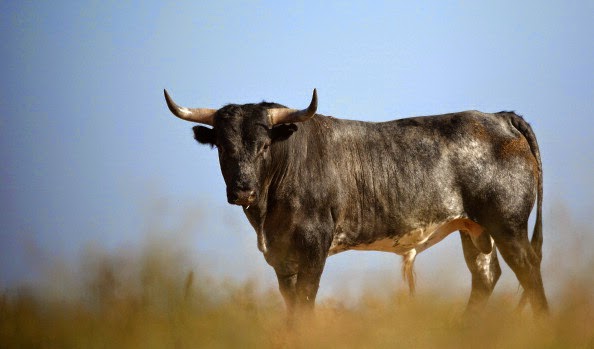Dateline: 30 June 2005
I’m still thinking about Dag Hammarskjold School #6, and cities, and how I dislike them so...
Howard King, author of A Christian-Agrarian Critique of Technological Society, refers to cities as Vast Sprawling Putrescences. My, but Mr. King does have a way with words.
I had to consult my dictionary, four times, after reading that. It was there I discovered Putrescence is the condition of being putrescent. Putrescent is defined as putrefying. Putrefy is to make putrid. Putrid means: 1.) decomposed; rotten and foul smelling 2.) morally corrupt; depraved 3.) very disagreeable.
Uh huh. Yup. That nails it right on the head.
King has much more to say about cities in his writings. For example, he asserts that one of the foundational tenants of Biblical Agrarianism is decentralization. Cities are, of course, not an example of decentralization. On the contrary, they are the epitome of centralization, and therefore inimical to God’s design.
King observes that the ungodly civilizations of the Old Testament were invariably built up around cities (“And they said... let us build us a city... and let us make us a name, lest we be scattered abroad upon the face of the whole earth” Gen. 11:4). Nimrod’s Babylon is the classic example. Sodom and Gomorra also come to mind. King says:
”The ancient walled city of the Bible had the most in common with the modern city. It was most often a center of apostasy, a base for imperialism, a treasure-house for plundering tyrants, a monument to human pride, vainglory and rebellion against God... The city provides no ideal for culture, since it is opposed to biblical culture. Like Babel, the prototype, it has been erected in defiance of God’s design for a decentralized agrarian civilization.”
At this point, you may wonder, what exactly would God’s design for a decentralized biblical Agrarian civilization look like? King answers this by looking to the historical prototype, prior to that incredible cultural tidal wave known as the Industrial Revolution (circa 1830). In America, at least, this Agrarianism was preponderantly biblical. Here’s Mr. King again:
”In spite of the mighty builders of cities and empires, the agrarian village was the hub of most men’s existence. Here, in the countryside, the small community flourished, with a modest division of labor and a minimum of external government. Self-sufficient, but not rich, supported by the produce of the numerous family farms and grazing lands that surrounded it, the rural village was the principal place of commerce and learning and public life for the common man through most of human history.
That is, until the advent of industrialization and the modern city. During the nineteenth century, the greatest social upheaval since Babel took place. The industrial revolution revolutionized more than the means of production. In fact, human society was altered in drastic ways as nearly every institution was redefined in terms of a radical materialism.”
Did you catch that last part?... nearly every institution was redefined. I dare say, these institutions (including the family and the church) were not redefined in a good way.
I don’t necessarily agree with all of Mr. King’s writings but I’m much more in agreement than I am disagreement. I find his thoughts on Biblical Agrarianism to be provocative, fascinating and refreshing.























































































































